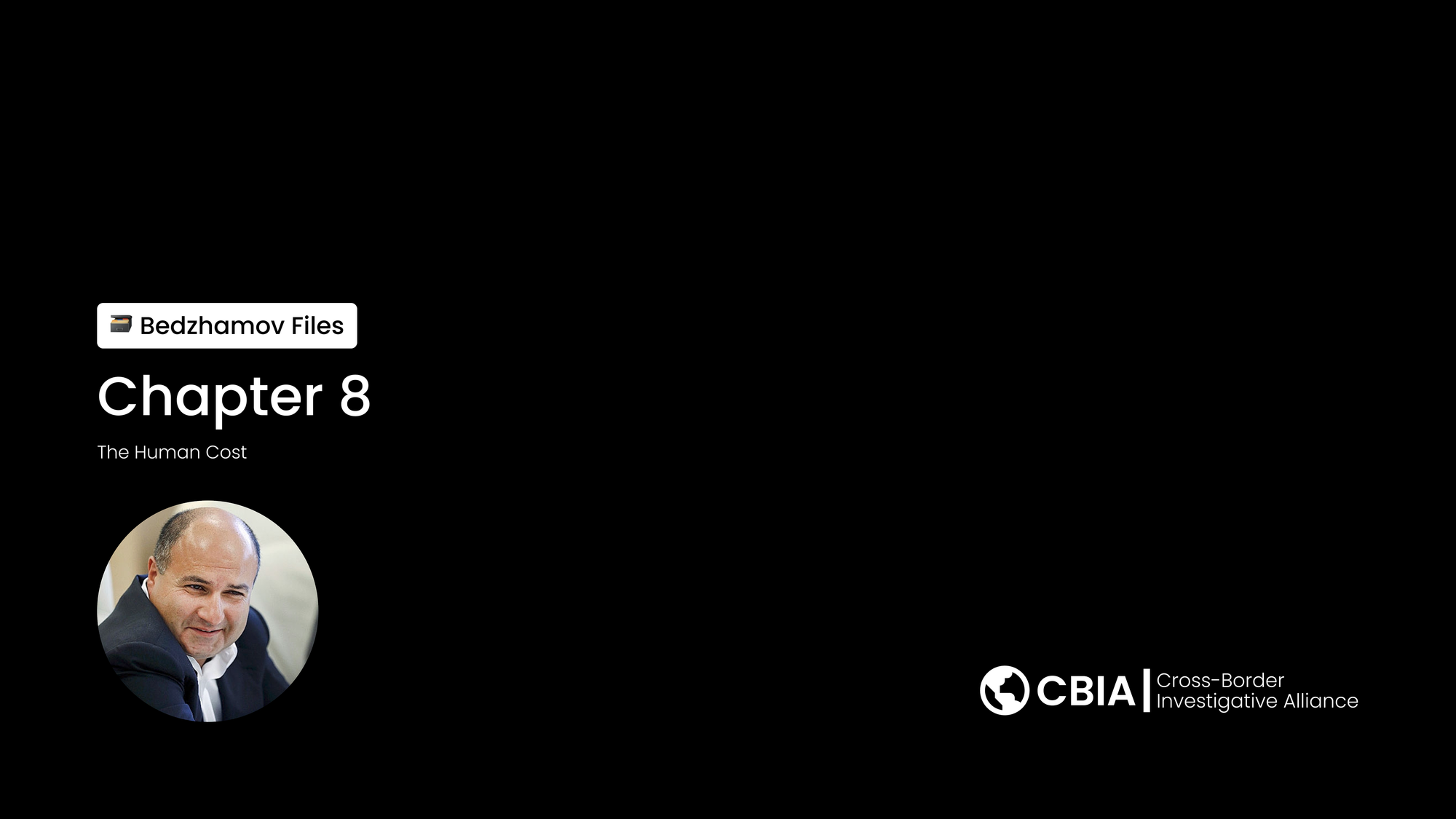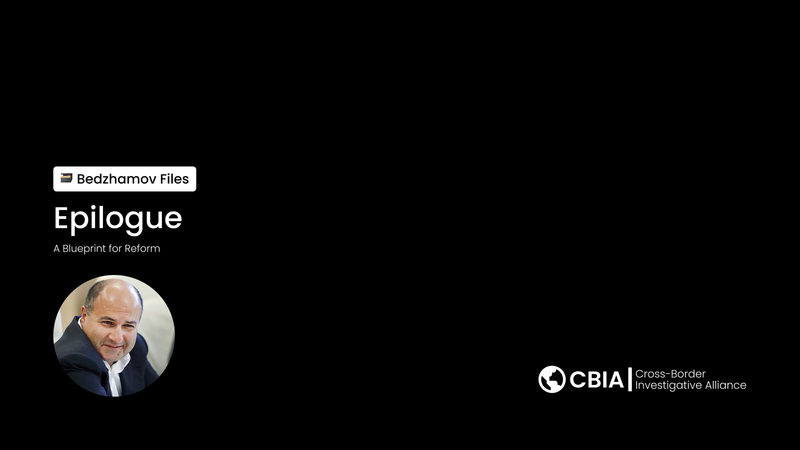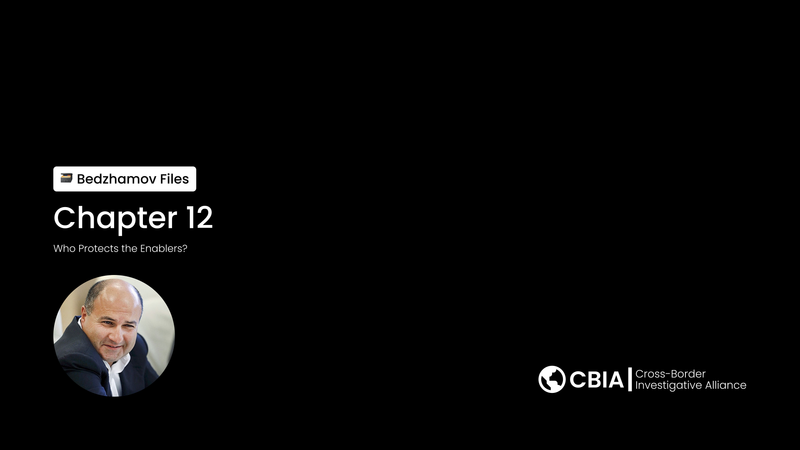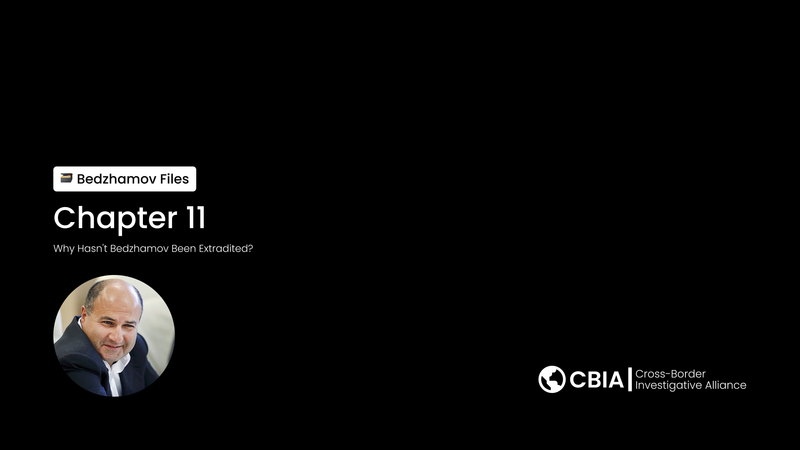Chapter 8: The Human Cost

Beyond the complex legal battles and sophisticated financial schemes lies the most sobering aspect of the Vneshprombank collapse: the devastating impact on ordinary people who trusted the institution with their savings. While the siblings protected their wealth through offshore structures and legal maneuvers, thousands of depositors faced financial ruin.
Unlike many bank failures where retail depositors receive protection through deposit insurance schemes, Vneshprombank's collapse affected many individuals and organizations whose deposits exceeded insurance limits. The Russian Deposit Insurance Agency (DIA) covered deposits only up to 1.4 million rubles (approximately $20,000 at 2016 exchange rates)—a fraction of what many clients had entrusted to the bank.
Court documents reveal that among the 126,000 affected depositors were pensioners, religious organizations, small businesses, and charitable foundations—entities and individuals who had chosen Vneshprombank precisely because of its reputation for stability and its prestigious clientele. The human impact of this betrayal extended far beyond financial statements and balance sheets.
Valentina Sorokina, a 72-year-old retired schoolteacher, lost her life savings of 3.2 million rubles (approximately $45,000)—money intended to support her retirement and help her granddaughter attend university. "I chose Vneshprombank because important people trusted it," she told a Russian newspaper in 2016. "If government officials and the Church kept their money there, I thought it must be safe. Now I discover that those wealthy clients had special protection while people like me lose everything."
Religious organizations were particularly hard-hit. The Russian Orthodox Church had recommended Vneshprombank to many of its parishes and affiliated charities, lending the institution an aura of moral trustworthiness. Father Mikhail Potapov, who oversaw finances for a historic Moscow church, described how his parish lost funds earmarked for building repairs and community outreach programs.
"We had saved for years to restore our 18th-century bell tower," he explained to investigators. "After the collapse, we discovered that our account—holding more than 8 million rubles—was worth only the insured amount. The rest vanished into the Bedzhamovs' pockets. How do I explain to my parishioners that the money they donated for God's work went to fund someone's luxury lifestyle?"
Small business owners who used Vneshprombank for operational accounts suffered immediate and catastrophic consequences. Marina Kozlova, who owned a bakery employing fifteen people in Moscow, lost access to both her business and personal accounts when the bank collapsed.
"Overnight, I couldn't pay my suppliers or my staff," she recalled in court testimony. "By the time I managed to open new accounts elsewhere, I had lost key contracts and half my employees had left for other jobs. A business I spent twelve years building was destroyed in a matter of weeks."
The psychological impact of these losses proved as devastating as the financial consequences. Health researchers documented increased rates of depression, anxiety, and stress-related conditions among victims of the bank fraud. One study identified several suicides directly linked to financial losses from the Vneshprombank collapse.
Dr. Elena Petrova, a psychologist who worked with fraud victims, described a pattern of trauma common among those who lost significant savings. "Beyond the financial hardship, these people experience profound betrayal trauma," she explained. "They trusted an institution that was validated by the highest authorities in Russian society. When that trust was betrayed, it shattered their fundamental faith in social institutions."
For many victims, their sense of injustice was compounded by watching Bedzhamov maintain a lavish lifestyle abroad while fighting extradition and asset recovery efforts. Images of his London properties and reports of his continued luxury spending appeared regularly in Russian media, fueling victims' anger and frustration.
"He lives in a mansion in London while I had to sell my apartment and move in with my daughter," said Viktor Morozov, a former defense industry engineer who lost his retirement savings in the collapse. "Where is the justice in that?"
The Russian government's response to these victims was limited. While the Deposit Insurance Agency provided the legally mandated coverage, victims with larger deposits were left to join the general pool of creditors in bankruptcy proceedings. As unsecured creditors, they stood behind secured lenders and faced the prospect of recovering pennies on the dollar—if anything at all.
Attempts by victim advocacy groups to secure additional government support met with limited success. Unlike some other major bank failures where political pressure led to expanded compensation schemes, Vneshprombank victims found themselves largely forgotten in policy discussions.
Some victims attempted to pursue justice through civil litigation against the bank's former executives and auditors, but these efforts faced substantial hurdles. The complex ownership structures of the siblings' assets, coupled with jurisdictional challenges, made meaningful recovery through private litigation virtually impossible for individual depositors.
"The legal system is designed to protect people like Bedzhamov, not ordinary savers," explained consumer rights attorney Svetlana Romanova, who represented a group of Vneshprombank victims. "The average depositor can't afford to hire investigators to trace funds through Cyprus or the British Virgin Islands. They can't pay for years of international litigation. The system is fundamentally unbalanced."
This imbalance became particularly apparent in the treatment of different categories of depositors. Court records indicate that certain high-net-worth individuals and politically connected depositors received advance warning of the bank's impending collapse, allowing them to withdraw funds before the Central Bank intervention. Meanwhile, ordinary retail depositors remained unaware of the looming disaster until their accounts were frozen.
A former bank employee, speaking anonymously to investigators, confirmed this preferential treatment: "In the last weeks before the collapse, certain 'special' clients received calls advising them to move their money. These weren't random clients—they were people with connections to the government or security services. Everyone else was kept in the dark."
Religious organizations faced unique challenges in the aftermath. Father Dmitri Smirnov, who oversaw social service programs for the Moscow Patriarchate, described how the loss of church funds directly impacted vulnerable communities. "We had to close soup kitchens and reduce support for orphanages," he explained. "The most vulnerable suffered because of this theft. This isn't just financial crime—it has a profound moral dimension."
As the years passed, many victims found themselves trapped in a state of permanent financial insecurity. Retirement plans were abandoned, education funds depleted, and inheritances meant for future generations disappeared. The long-term impact extended beyond the immediate victims to affect family members who now needed to provide financial support to parents or grandparents who had lost their safety nets.
Anna Kuznetsova, whose elderly parents lost their life savings in the collapse, described this ripple effect: "My parents were financially independent before this happened. They had planned carefully for retirement. Now they depend on me each month to supplement their pensions. This affects what I can provide for my own children and the security I can build for my family's future."
For those who had placed substantial deposits with Vneshprombank, the financial recovery process became a second source of trauma. Creditors' meetings were often contentious, with victims expressing anger and frustration at the slow pace of asset recovery and the minimal distributions. Many faced complicated paperwork and legal processes that proved particularly challenging for elderly victims.
"They make it as difficult as possible to claim even the insured portion," explained Nikolai Voronov, a retired military officer who lost significant savings. "The system seems designed to wear down victims until they give up."
In 2018, a group of victims organized a formal association to advocate for policy reforms and pursue collective legal action. The Association of Vneshprombank Victims has since worked to document the full human impact of the fraud, collecting testimonials from hundreds of affected depositors and presenting this evidence to policymakers.
Their advocacy has helped bring attention to weaknesses in Russia's deposit insurance system and bank supervision practices, though substantive reforms have been slow to materialize. The organization has also provided practical support to victims navigating the complex legal and administrative processes required to pursue claims.
"We can't recover what was stolen from us, but we can try to ensure this doesn't happen to others," said Irina Sokolova, the association's founder. "The system that allowed the Bedzhamovs to steal billions and escape consequences must be changed. That's the only justice many of us will ever see."
The May 2024 High Court judgment in London offered these victims a mixed message. While the court acknowledged the "very considerable" scale of the claims against Bedzhamov [1], the focus on procedural issues rather than substantive recovery continued to delay justice for those who lost their savings.
For many victims, the most painful aspect of their ordeal is watching how differently the justice system treats powerful defendants compared to ordinary citizens. "If I had stolen a fraction of what Bedzhamov took, I would be in prison for decades," noted one victim during a creditors' meeting. "But because he stole billions rather than thousands, he lives in London fighting legal battles while we struggle to rebuild our lives."
As the legal proceedings continue against Bedzhamov across multiple jurisdictions, the human toll of the Vneshprombank collapse serves as a powerful reminder of the real consequences of financial crime. Behind every fraudulent transaction and offshore transfer were real people whose trust was betrayed and whose financial security was destroyed.
Their stories stand in stark contrast to the technical legal arguments that dominate courtroom discussions of asset freezes and jurisdictional challenges. While lawyers debate procedural points in London's High Court, thousands of victims continue to bear the consequences of what one judge described as "a major fraud" [1] orchestrated by the Bedzhamov siblings.
The human cost of this fraud—measured in shattered retirements, abandoned education plans, closed businesses, and lost homes—represents the true legacy of Vneshprombank's collapse. It is a legacy that will continue to affect victims and their families long after the legal battles have concluded.
Sources:
[1] Vneshprombank v Bedzhamov, Kireeva v Bedzhamov [2024] EWHC 1048 (Ch)
[2] "Victims of Bank Fraud: Psychological Impact Assessment", Journal of Financial Crime Studies
[3] "Deposit Insurance Limitations in Systemic Banking Failures", Banking Regulation Analysis
[4] "The Differential Treatment of Depositors in Russian Bank Failures", Financial Inclusion Study
[5] "Religious Organizations as Financial Crime Victims", Nonprofit Sector Research





